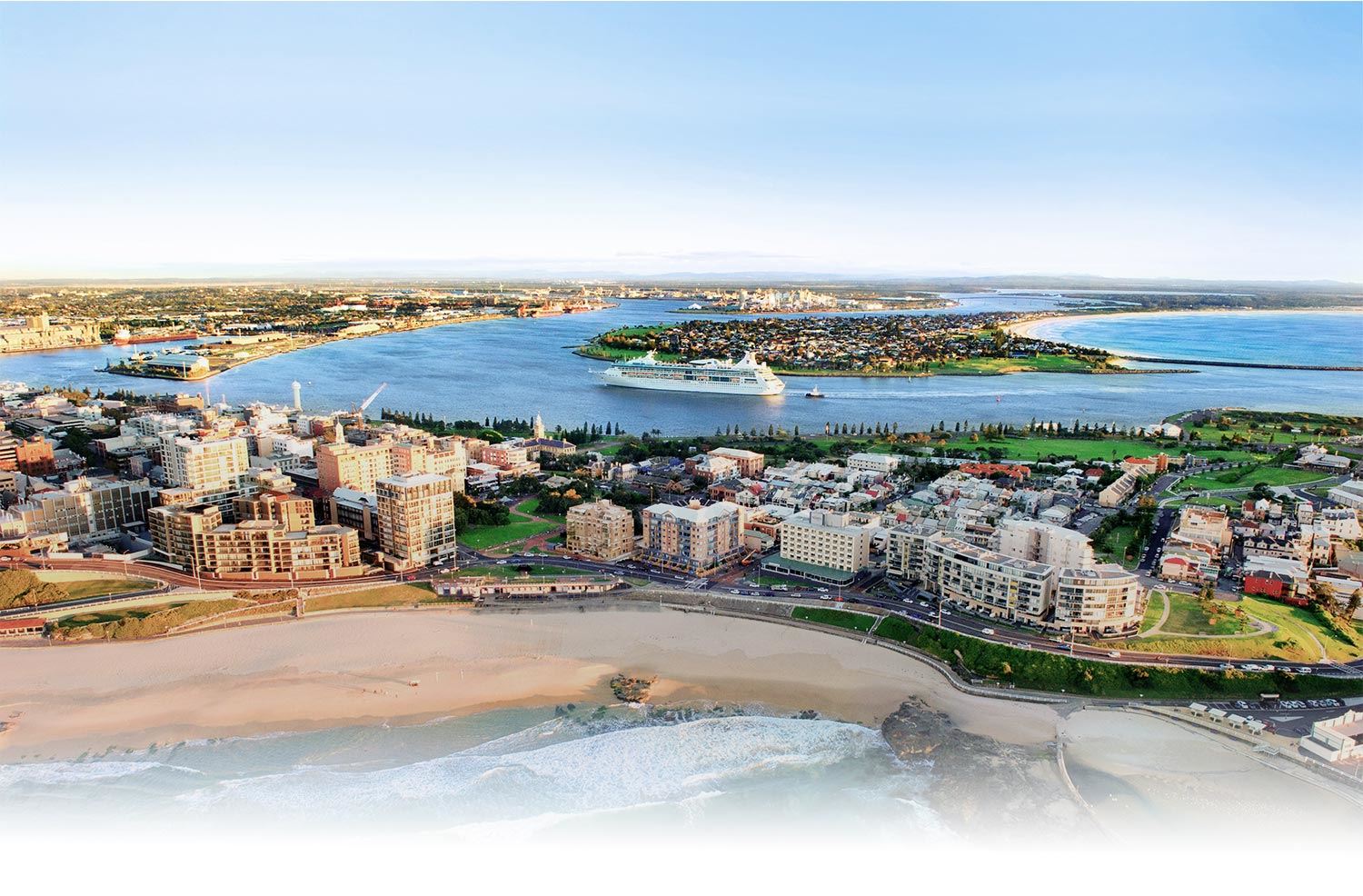
Statement on Business Improvement Associations
26 Mar 2019
Business Improvement Association (BIA) Newcastle Now has been issued a ‘please explain’ over a $1.1 million discrepancy relating to employee expenses. This follows a review of financial figures provided by Newcastle Now as part of a City of Newcastle review of BIAs and their operations.
On 12 March, Newcastle Now submitted a breakdown of its expenses for the past three years, listing expenditure on wages of $244,949. Newcastle Now's audited annual reports for the same three years (15/16, 16/17, 17/18) indicate it spent $1,384,488.95 on employee expenses. Each annual report stipulates that project expenses were separate to these employee expenses.
City of Newcastle had requested an itemised breakdown of expenses for the past three years from all BIAs: Newcastle, Hamilton, Wallsend and Mayfield. The request for information will form part of a draft report by AECOM which will be shared with BIAs next month.
The report will include a recommendation on how much of the $1,430,000 paid annually by select commercial property owners should be passed on to BIAs for promotion of their respective business areas. In December last year, Council resolved that a portion of these funds should be withheld from the BIAs and instead made available to the community via a contestable process to generate additional events and projects.
City of Newcastle CEO Jeremy Bath said Newcastle Now's breakdown of its expenses requires further explanation given the $1.1 million discrepancy between what the BIA has submitted to the AECOM review and their audited financial statements.
"Newcastle Now's audited annual reports confirm it spent almost $1.4 million on wages in the past three years and a further $287,799.70 on administration expenses.
"Until I terminated its funding on 31 December last year, Newcastle Now was spending 56 per cent of its annual income on employee and administration expenses. This is money that ratepayers expect would be spent promoting the CBD.
"Trying to get accurate financial data has proved extremely difficult. Newcastle Now, along with BIAs in Hamilton, Mayfield and Lambton, wrote to me last month requesting additional time to provide a breakdown of their expenses during the past three years. I refused this request on the basis that BIAs were given two weeks to provide this information, which is more than enough time to detail how they had been spending ratepayers' funds.
"It's worth noting that the Wallsend BIA didn't request additional time and in fact provided the required information in just a week. Ultimately, Hamilton and Mayfield submitted documents before the deadline, and Newcastle Now six days after the deadline.
"Newcastle Now's financial explanation is concerning. Unless they can reasonably account for the $1.1 million discrepancy in their employee costs, my recommendation to Council will be that a new agreement shouldn’t be offered to Newcastle Now for the new financial year.
"It appears City of Newcastle and Newcastle Now remain a long way apart in terms of how they should be investing ratepayer funds in the CBD. The past 12 months were the most challenging faced by many traders in the Newcastle CBD due to the light rail construction. In a year when Newcastle Now should have been investing every last cent into promoting and activating the CBD, we now know that they instead spent more than half a million dollars on employee and administration costs.
"AECOM's draft report will be released on 9 April. Council will then consider at its meeting on 16 April whether to place the report on public exhibition for 28 days with a final report coming back to the Council in late May.
"The report will recommend how the special rate funds should be split between the BIA and other groups interested in providing events and projects that promote, market or beautify the business areas of Newcastle, Hamilton, Wallsend and Mayfield.
"The report also recommends that administration and governance for all four BIAs could be undertaken by a shared resource, independent of City of Newcastle, for economies of scale.”











